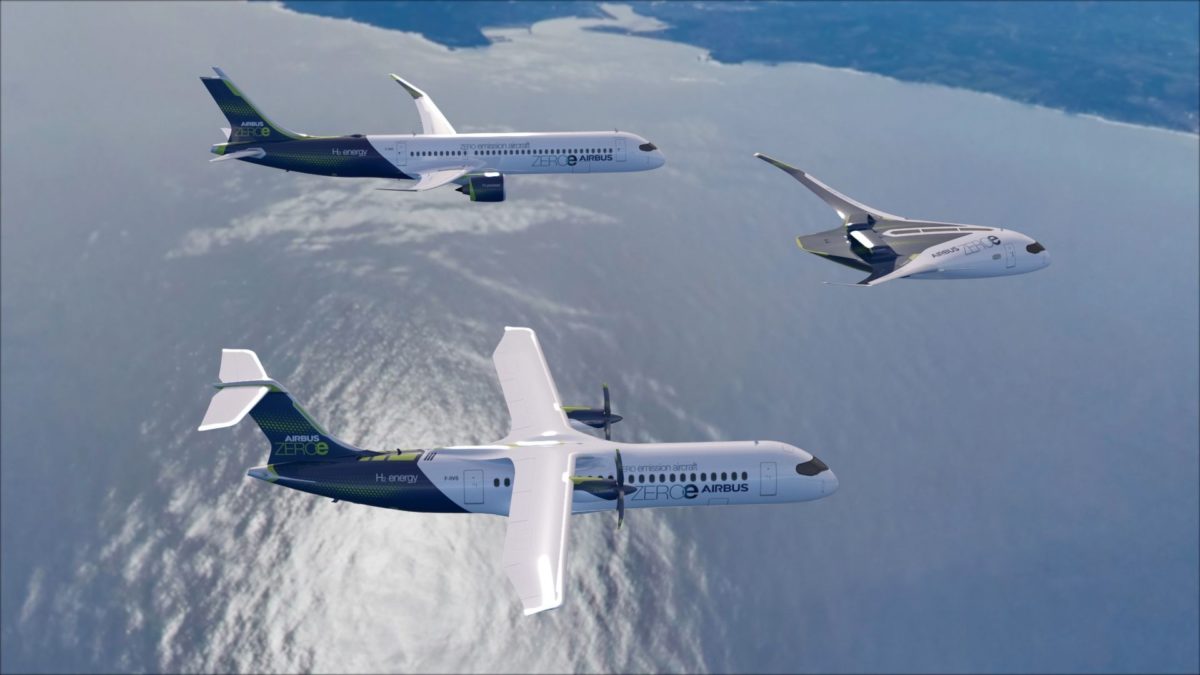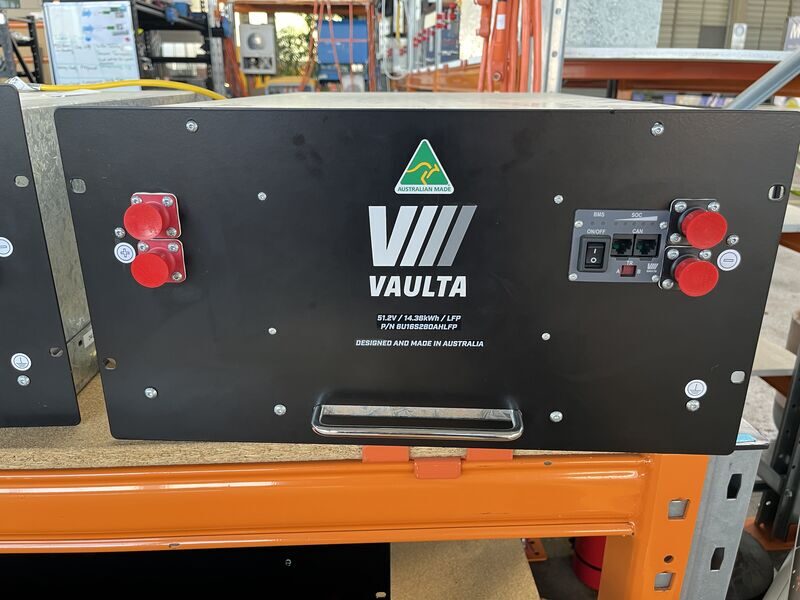From pv magazine Global
The European Parliament has released a new report on the critical role to be played by synthetic kerosene in achieving sustainable flying.
Synthetic kerosene is a sustainable aviation fuel (SAF) derived from renewables-powered green hydrogen, which offers greater carbon emission reduction potential than the advanced biofuels which complete the range of SAFs. With the EU’s European Green Deal targeting aviation emission reductions of 89% by mid century, SAFs are set to be a bridge technology before hydrogen-fuelled and electric aircraft become a genuine proposition, according to the report commissioned by the parliament’s committee on transport and tourism.
SAFs offer no emission reductions when burned in aircraft, but they offer emissions savings during their production, from the carbon absorption of their feedstock material in the case of advanced biofuels.
The “Investment scenario and roadmap for achieving aviation green deal objectives by 2050” study envisages hydrogen and electric aircraft as holding the long-term answer. However, it also says that they are unlikely to be widely available before the 2030-40 period, which is “too late to be the main methods for decarbonising aviation.”
In fact, industry insiders told the paper’s authors that electric aircraft would be more likely to enter operation in 2035, rather than the 2030 date suggested. There was a similar lag in expectation, to 2040, for hydrogen-powered flight. Until more advanced tech becomes available, SAFs offer a more immediate emissions-reduction option, as they can be mixed with the kerosene that powers jet aircraft today.
The European Commission, under its proposed RefuelEU Aviation regulation, wants the bloc to mandate a minimum 2% of SAFs in jet aircraft fuel in 2025, rising to 63% in mid century. Recognising the greater emission reduction value of synthetic kerosene over cheaper advanced biofuels, the EU executive said at least 0.7% of all SAFs in the bloc in 2030 should be synthetic fuel options, rising to 28% in 2050.
The 149-page report noted regulators will have to encourage the production of synthetic kerosene to avoid airlines instead opting for advanced biofuels and must also encourage home-grown production, given most of the SAFs available in the EU at present are imported. That regulatory role will be even more important to persuade the air travel industry to invest in SAFs now, rather than hold off until they are replaced by hydrogen and electric aircraft, the study added.
To achieve the technological leaps required for low-emission aviation – including new aircraft designs and more efficient air traffic management measures – the report made policy recommendations including the use of income from aviation emissions trading, and from any future aviation fuel tax, to support R&D.
The Carbon Offsetting and Reduction Scheme for International Aviation established by UN body the International Civil Aviation Organization should be brought more in line with the EU Emissions Trading System, to focus on more than offsetting flight-related emissions, according to the report. The document’s authors said the EU should drive SAF production and the availability of hydrogen infrastructure and should regulate SAFs to encourage investment and the prioritisation of their production methods for aviation purposes.
The EU taxonomy of sustainable investments – which was controversially amended to include gas and nuclear this year – should also be “carefully” extended to include investment in sustainable flying, according to the report. The report estimated that €50.4 billion (AU$96.9b) must be spent to develop the necessary tech and a further €378 billion (AU$576b)to deploy it. With fuel savings of an estimated €395 billion (AU$602b) available to mid century, however, the total bill would come in at a net €33 billion, according to the paper.
This content is protected by copyright and may not be reused. If you want to cooperate with us and would like to reuse some of our content, please contact: editors@pv-magazine.com.









2 comments
By submitting this form you agree to pv magazine using your data for the purposes of publishing your comment.
Your personal data will only be disclosed or otherwise transmitted to third parties for the purposes of spam filtering or if this is necessary for technical maintenance of the website. Any other transfer to third parties will not take place unless this is justified on the basis of applicable data protection regulations or if pv magazine is legally obliged to do so.
You may revoke this consent at any time with effect for the future, in which case your personal data will be deleted immediately. Otherwise, your data will be deleted if pv magazine has processed your request or the purpose of data storage is fulfilled.
Further information on data privacy can be found in our Data Protection Policy.